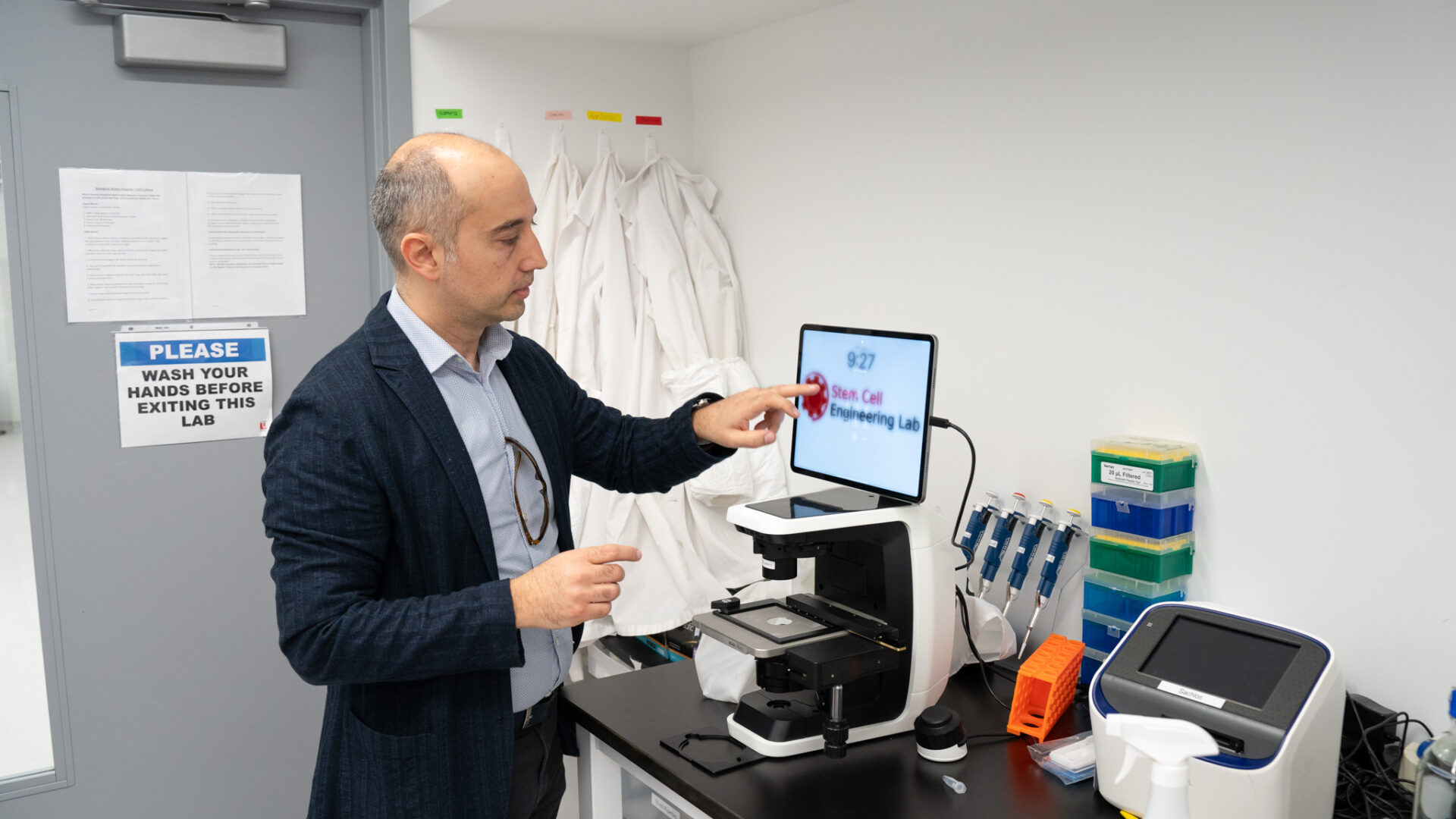Lassonde researcher receives new CFI funding for cutting-edge project
Tags:

This story originally appeared in YFile.
Terry Sachlos, associate professor in the Mechanical Engineering department at the Lassonde School of Engineering recently received new infrastructure funding from the Canada Foundation for Innovation (CFI), among six other researchers at York University. The pool of funding will support a wide range of projects, including the use of artificial intelligence (AI) in personalized medicine, Indigenous reconciliation through immersive technologies, a psychological study of spontaneous thought and more.
The researchers received a combined total of $745,204 from CFI’s John R. Evans Leaders Fund (JELF), which supports institutions in attracting top talent and acquiring the state-of-the-art tools and equipment necessary to enable their innovative work.
“We are grateful for CFI’s investment in our researchers, who continuously push the boundaries of art, science and technology,” said Amir Asif, vice-president research and innovation. “The John R. Evans Leaders Fund supports York’s commitment to research excellence in all its forms, including the diversity of these projects that range from developing new techniques in genetic engineering and biomolecular spectroscopy to advancing mental health studies to using [extended reality] technologies to promote greater inclusivity in the arts.”
Professor Sachlos received $140,000 for his project titled, Establishment of an AI-guided Personalized Medicine Discovery Facility. With his research team, he developed a 3D bone marrow microenvironment to keep leukemic stem cells alive longer outside the body, which enhances experimental drug testing on the blood cancer. Working in collaboration with professors in the Electrical Engineering & Computer Science department, Aijun An and Laleh Seyyed-Kalantari, the project aims to use AI to identify and test existing U.S. Food and Drug Administration-approved drugs tailored to each patient’s unique leukemia genetics. Once fully operational, their facility will be able to uncover a personalized drug regimen for leukemia patients within several weeks after receiving a biopsy.